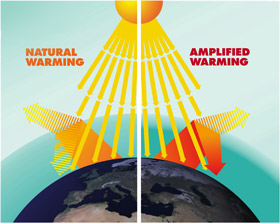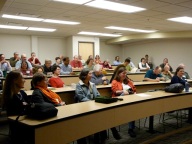TCCPI is a multisector collaboration seeking to leverage the climate action commitments made by Cornell University, Ithaca College, Tompkins Cortland Community College, Tompkins County, and the City of Ithaca to mobilize a countywide energy efficiency effort and accelerate the transition to a clean energy economy. Launched in June 2008 and generously supported by the Park Foundation, TCCPI is a project of Second Nature, coordinated by Second Nature Senior Fellow Peter Bardaglio. Learn more about TCCPI at www.tccpi.org.
TCCPI is designed to foster the kind of cross-sector collaboration needed to create a sustainable society. The Partners in Sustainability Award is a tremendous validation that the approach and the work of all of TCCPI’s members is having a positive impact.
For more on this exciting award, see Cornell’s Media Advisory below, and this article in the Ithaca Journal.
Cornell to present second sustainability award to Tompkins County Climate Protection Initiative







 Why do I work at Second Nature? Because I like the idea of saving the world.
Why do I work at Second Nature? Because I like the idea of saving the world.